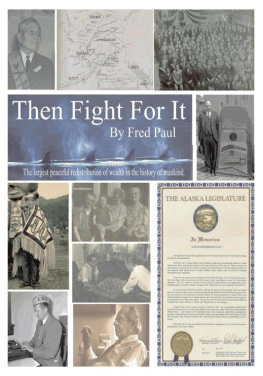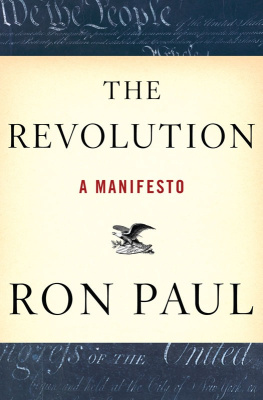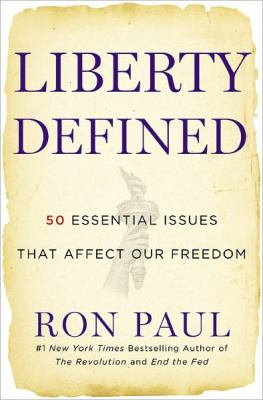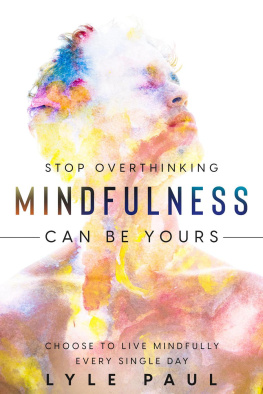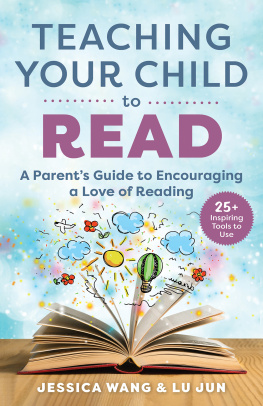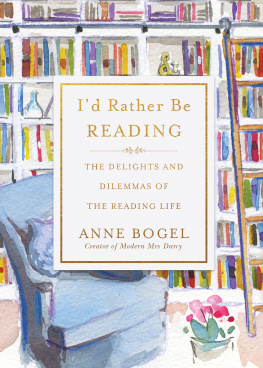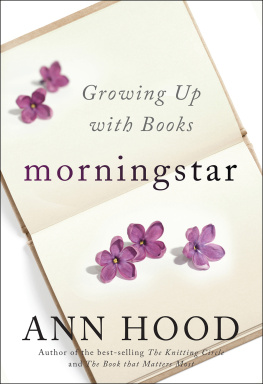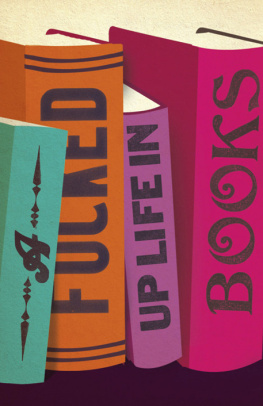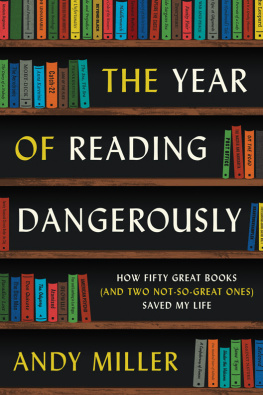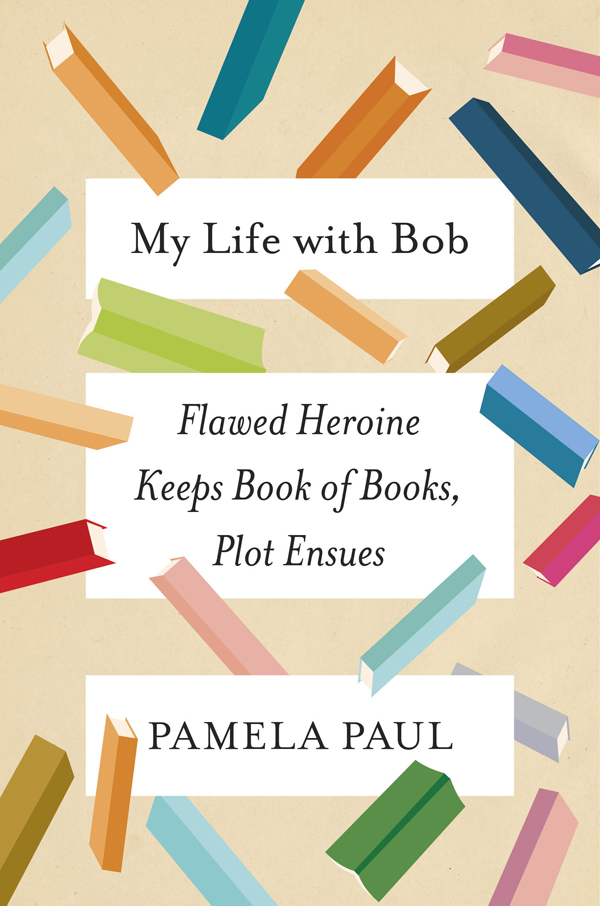Contents
Guide
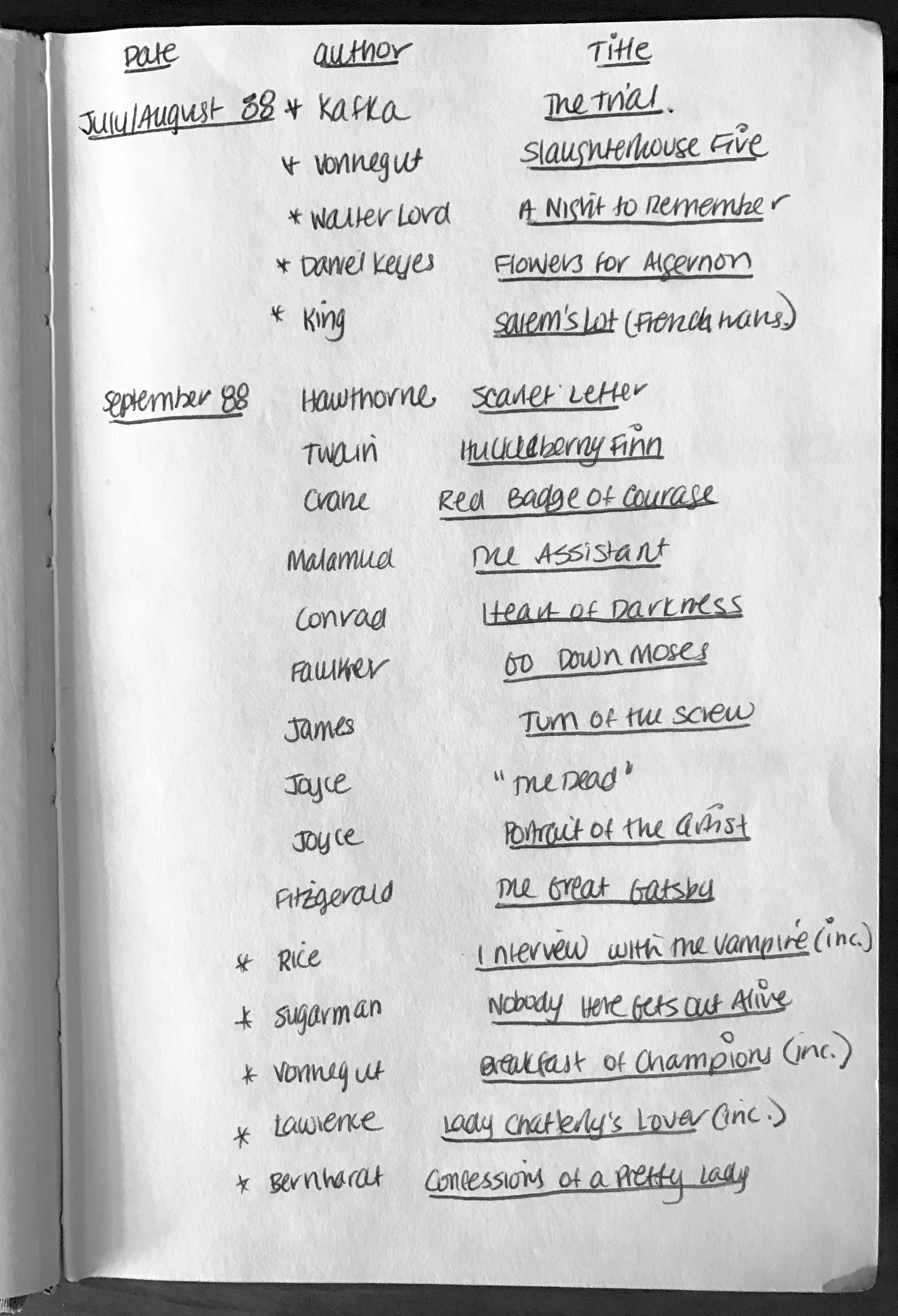

The author and publisher have provided this e-book to you for your personal use only. You may not make this e-book publicly available in any way. Copyright infringement is against the law. If you believe the copy of this e-book you are reading infringes on the authors copyright, please notify the publisher at: us.macmillanusa.com/piracy.
To my family of readers, and in memory of my father
Like anyone else with a marriage and a home and children and family and work, and more work, I always have something to worry about. And if for some inexplicable reason, I dont have anything to fret over, I will easily find it. Should it be resolved at 4:16 a.m. one sleepless night, it will swiftly be replaced with something new. I am, alas, a worrier.
Through practice, Ive become pretty good at it. I can toggle efficiently among a range of potential threats, even as I blanch or shudder at various imagined catastrophes: the satanic undertow out of nowhere. The chairlift that inexplicably derails. The child who tumbles down the stairs, me careening just a moment too late after. We wont even mention air travel.
And of course theres the old standby, something most of us have pictured at one point or another: The house on fire. Everything bursting into flames. Only moments to decide what to save beyond children, spouse, small animals. Do I grab the birth certificates, the tax backup, the passportsif only to spare myself the paperwork? Do I go with the valuable or with the irreplaceable? My grandmothers ring, my poorly collected letters, the computer in case the cloud evaporates?
I wouldnt bother with any of those things. In my heart, I know that were everything burning to ashes at my feet, Id leave behind the laptop and the photo albums and even, forgive me, my childrens artwork, because there is one object Id need to rescue above all elsemy true precious, Bob.
Bob isnt a pet or a teddy bear, though he does hold sentimental value and has been with me since my school days. Unimaginatively abbreviated, BOB is my Book of Books, a bound record of everything Ive read or didnt quite finish reading since the summer of 1988, my junior year in high school. Its my way of keeping track. Because if I didnt write it all down, I worry (naturally), I would forget it.
Hes nothing fancy, this Book of Books of mine. He isnt hand woven by artisanal craftsmen from a Himalayan village or decoratively embossed. No, he is factory-made, gray and plain, with a charcoal binding and white unlined paper, an inelegant relic from the days before bookstores stocked Moleskine notebooks, before blogging and scrapbooking and journaling as a verb. Within his covers lies a running account of authors and titles, which I dutifully enter upon the completion of every book I read. After around twenty books or so, when I remember to put it there, a vague date breaks up the catalog.
I first wrote about Bob, with no small amount of trepidation, in an essay for the New York Times Book Review in 2012. Further exposing myself, I allowed the text to be accompanied by a photograph of Bobs first page, displaying to millions of strangers my early stabs at depth and intellectualism, fleeting girlish obsessions, deliberately obscure annotations, and all. I had revealed my inner life in a very public way, but at least, I reasoned, Id done so in a safe place, among fellow readers. As soon as the Book Review s art director scanned in the appropriate page, I recovered Bob from the seventh-floor art department and spirited him safely back home. He hasnt left since.
My Book of Books is still a private place. Its not a traditional diary, to be sure. Its about me, and yet it isnt about me. Its impersonal and yet deeply personal. And in my case, it has worked better than a real diary, that basic prerequisite for anyone who fancies herself a future writer. Bob has lasted a lot longer than any of my abandoned teenage journalsI write in it stilland heres why: diaries contained all kinds of things I wanted to forgetunrequited crushes and falling-outs with friends and angsting over college admissions. Bob contains things I wanted to remember: what I was reading when all that happened.
Now in his middle age, Bob offers immediate access to where Ive been, psychologically and geographically, at any given moment in my life. How I decided on a certain book. What Id read previously that had either put me in the mood for more of the same or driven me toward something different. Was I in a Civil War stage or up for a good spy novel? Had I read the author previously and, if so, when? Why had I left him and what drew me back? Bob may not always seal into memory the identities of individual charactersmuch of that is still lost in the cavernbut he does tell me more about my character.
Each entry conjures a memory that may have otherwise gotten lost or blurred with time. Opening Bob, I remember lying in a dormitory in Mauriac, an unspectacular hamlet in central France where I was installed on an American Field Service program, when I wrote my first entry: The Trial , fittingly, an unfinished work. This summons a flood of attendant recollections: seeing Baryshnikov perform in Metamorphosis , on Broadway, which led me to the paperback Kafka I packed with me that summeran entire swath of Sturm und Drang adolescence reemerges from the fog of those other things Id rather forget.
The immediacy of these recollections often startles me. Whereas old diaries later read like transcribed dreamsWho wrote that? Was it really me who got so worked up/wanted that guy/obsessed about X?book titles easily and accurately manage to evoke an earlier state of mind. Yes , I think, reading over the entries: I remember that. I remember that book jacket, that edition, the feel of those pages. For a girl who often felt like she lived more in the cozy world of books than in the unforgiving world of the playground, a book of books was the richest journal imaginable; it showed a version of myself I recognized and felt represented me.
Over the years, Bob has become an even more personal record than a diary might have been, not about my quotidian existence but about what lay at its foundationswhat drove my interests and shaped my ideas. Theres where I was physically, sitting in the cat-wallpapered room Id ambitiously decorated in the second grade or at a leftover table in the high school cafeteriaand then there was where I lived in my mind, surrounded by my chosen people, conversing with aplomb in carefully appointed drawing rooms or roaming in picturesque fashion across windswept English landscapes.
Today my life is engulfed in books. Built-in shelves line my bedroom, adjacent to my Japanese platform bed, purchased for its capacious rim, the better to hold those books that must be immediately accessible. Yet still they pile on my nightstand, and the grid of shelves continues in floor-to-ceiling formation across the wall, stampeding over the doorway in disorderly fashion, political memoirs mixed in with literary essays, Victorian novels fighting for space with narrative adventure, the Penguin classics never standing together in a gracious row no matter how hard I try to impose order. The books compete for attention, assembling on the shelf above the sofa on the other side of the room, where they descend by the window, staring back at me. As I lie in bed with another book, they lie in wait.



